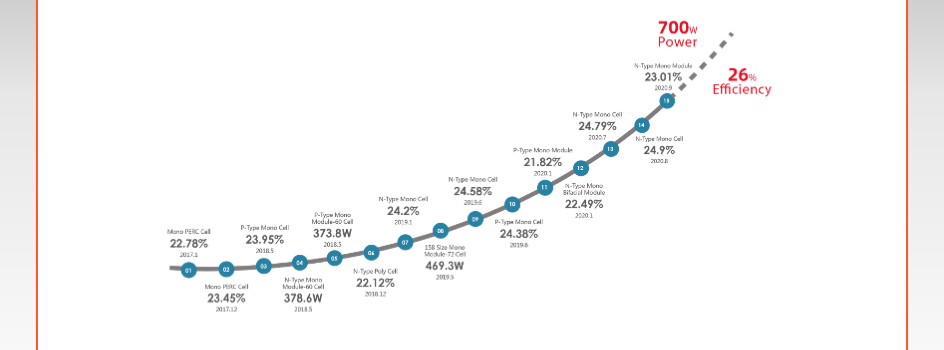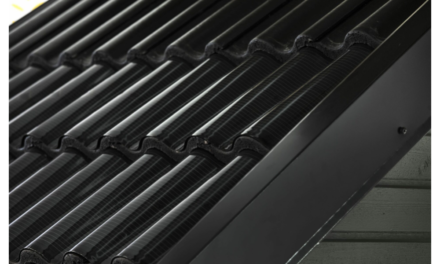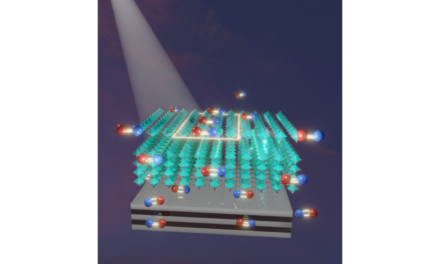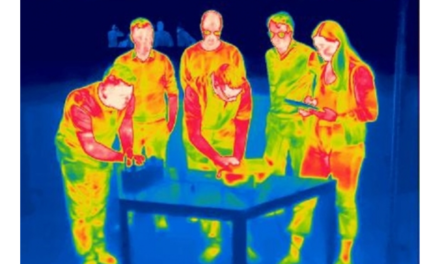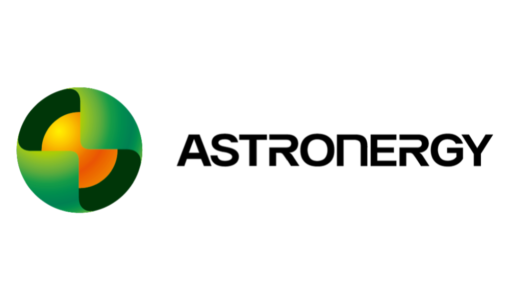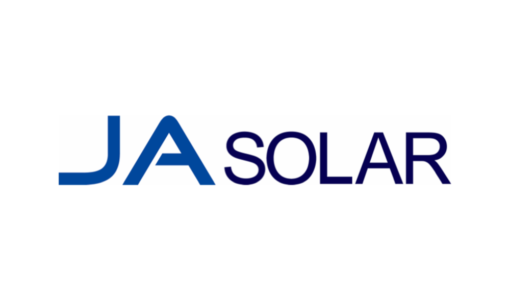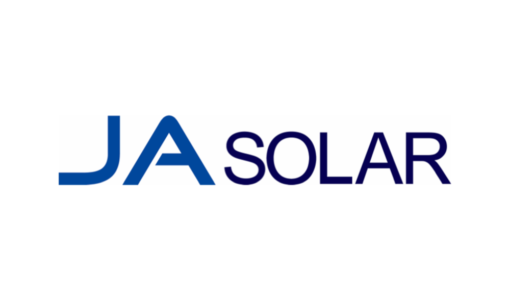- For its large-area N-type mono C-Si solar cell, JinkoSolar has reported achieving 24.90% power conversion efficiency
- It has also achieved 23.01% module efficiency with its N-type mono panel that’s certified by TUV Rheinland
- JinkoSolar said its upcoming 24% efficiency cell has already been rolled out for mass production in Haining factory and will begin pilot production in Chuxiong factory in Q2/2021
- Within 2021, it now aims to achieve 26% cell efficiency and 700W panel output and roll out mass production on this process in 2022
JinkoSolar has announced achieving 24.90% power conversion efficiency for its large-area N-type monocrystalline silicon (c-Si) TOPCon solar cell which it claims to have been independently confirmed by Germany’s Institute for Solar Energy Research in Hamelin (ISFH).
This efficiency level is an improvement over the company’s previously declared level of 24.79% for large-area N-type monocrystalline silicon passivated contacts solar cells it announced in July 2020 (see JinkoSolar: 24.79% TOPCon Cell Efficiency Record).
The Chinese vertically integrated solar wafer, cell and module maker explained that it fabricated this ‘record-breaking’ monocrystalline silicon solar cell on a high quality, low defect CZ mono-Si substrate. Into this cell process were integrated advanced diffusion with highly activated dopant, high quality surface passivation, the company’s own highly conductive passivating contact technologies and a series of innovative technologies and material upgrade to reach the 24.90% efficiency.
JinkoSolar said its upcoming 24% efficiency cell has already been rolled out for mass production in Haining factory and will begin pilot production in Chuxiong factory in Q2/2021.
At the same time, JinkoSolar has also confirmed achieving a new module efficiency ‘record’ of 23.01% with its N-type mono panel on January 1, 2021, independently certified by TUV Rheinland, company announced on its Twitter account.
In a brief statement issued to announce the efficiency, JinkoSolar’s CTO Jin Hao said, “In the future, JinkoSolar will continue to assume the role of industry change promoter, focusing on the rapid improvement of PV products with our innovative technology so as to promote the high-quality development of photovoltaic industry.”
Moving forward, the company has set its eyes on achieving 26% cell efficiency and 700W panel output by 2021 and roll out mass production on this process in 2022.
TaiyangNews covered the topic of TOPCon solar cells & modules on day 3 of its recent High Efficiency Solar Conference with several actors in this field presenting the latest update on the technology and TaiyangNews presenting a TOPCon Technology Overview. The recordings of all TOPCon presentations from can be viewed on our YouTube Channel.

